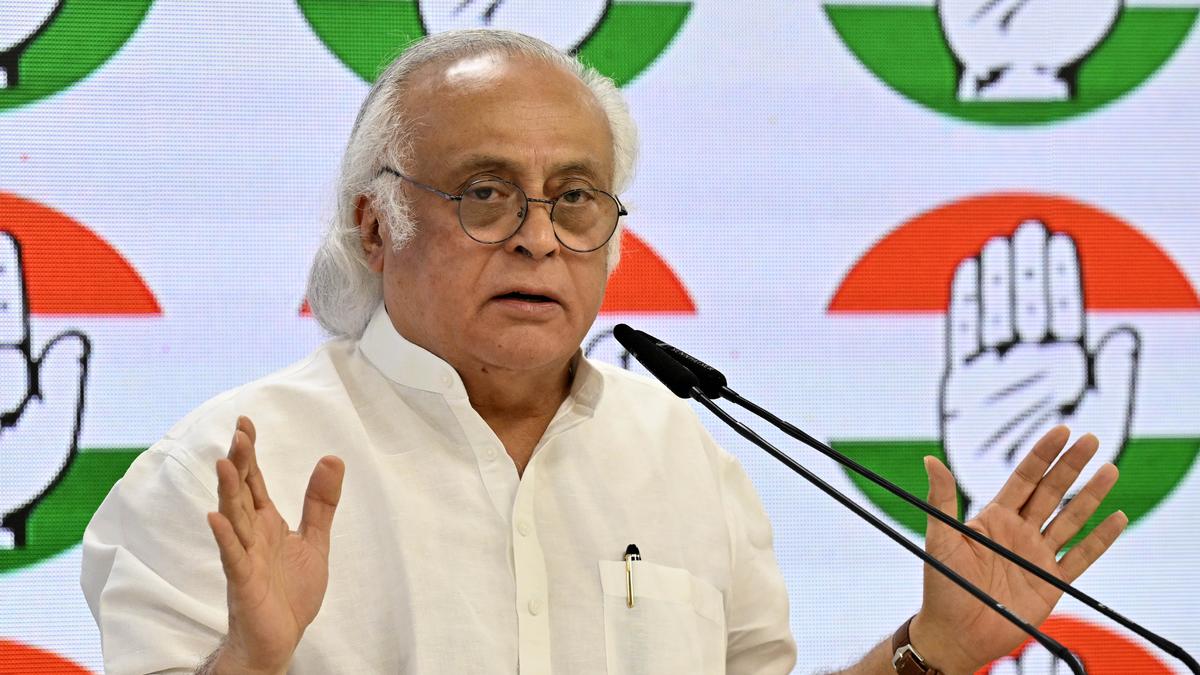Recall stories, carried by the media in the wake of the A1-171 flight crash in Ahmedabad on Thursday about prominent leaders who died in similar events, have not given much importance to the air crash that killed one of Tamil Nadu’s leading political leaders, Mohan Kumaramangalam, in New Delhi in May 1973.
Mohan Kumaramangalam, who was Union Minister for Steel and Mines, was returning to New Delhi from Chennai when the flight in which he travelled - Boeing 737 of the Indian Airlines [which was merged with Air India in 2007] crashed about five km from the Palam airport in New Delhi at about 10 pm on May 31, 1973. Apart from him, 47 others perished in the crash. They included K. Baladhandayutham, Communist Party of India (CPI)’s Member of Parliament representing the Coimbatore Lok Sabha constituency, and Gurnam Singh, Punjab’s former Chief Minister. At that time, the event was the first such accident in the country, involving Boeing-737.
The Union government had immediately constituted an enquiry panel headed by Justice Rajinder Sachar of the Delhi High Court to go into the circumstances leading to the crash. One and a half months later, the panel’s report was placed in Parliament. Karan Singh, who was the then Union Minister of Tourism and Civil Aivation, told the Lok Sabha that the judge had “clearly held” that there were several errors committed by the pilot [who had survived in the crash]. Dr Singh informed the House that the government was taking a “whole package of measures” to improve and strengthen pilot training.
At the time of death, Kumaramangalam held portfolios, generally perceived to be not glamorous. But, in a span of a little over two years (March 1971-May 1973) of his presence in the Council of Ministers headed by former Prime Minister Indira Gandhi, he had emerged as the most conspicuous Union Minister. The Hindu, in its report of June 2, 1973 pointed out that Kumaramangalam interested himself in the overall policy for the promotion of the objectives of social justice which the Congress had set for itself. Whether it was land reforms or ceiling on urban property, he had a big say in the matter and the party committees which went into these questions of far-reaching importance had inevitably to include him as a member and the reports submitted by them “bear an unmistakable impression of his genius,” the report stated.
Kumaramangalam, who was born to P. Subbaroyan, former Premier of the erstwhile Madras Presidency, had his early education in England. After passing his Barrister examination in 1939, he returned to India the same year. He was enrolled as an advocate in April 1940 by Alladi Krishnaswami Aiyar. In politics, he was initially with the CPI. In 1940, he was arrested and tried in the well-known Madras Communist conspiracy case and awarded three and a half years rigorous imprisonment. He served in the jail for about two years. In July 1966, he was made Advocate General when the last Congress regime was in power. The same day, he quit the CPI. After the DMK came to power eight months later, he resigned the post. Four years later, he was elected to the Lok Sabha from Puducherry.
In the last leg of his life, Kumaramangalam came in for severe criticism for the Union government’s decision in April 1973 to make Justice A. N. Ray the Chief Justice of India, superseding three senior judges. He defended the decision with “force and vigour” both in Parliament and outside, The Hindu wrote, after his death. Indira Gandhi, in her condolence message to the widow Kalyani Kumaramangalam, pointed out that “he had left a mark on whatever he did and made a distinctive contribution to social change,” added the report.
Published - June 15, 2025 12:02 am IST



.png)
.png)
.png)
















 10 hours ago
5
10 hours ago
5










 English (US) ·
English (US) ·